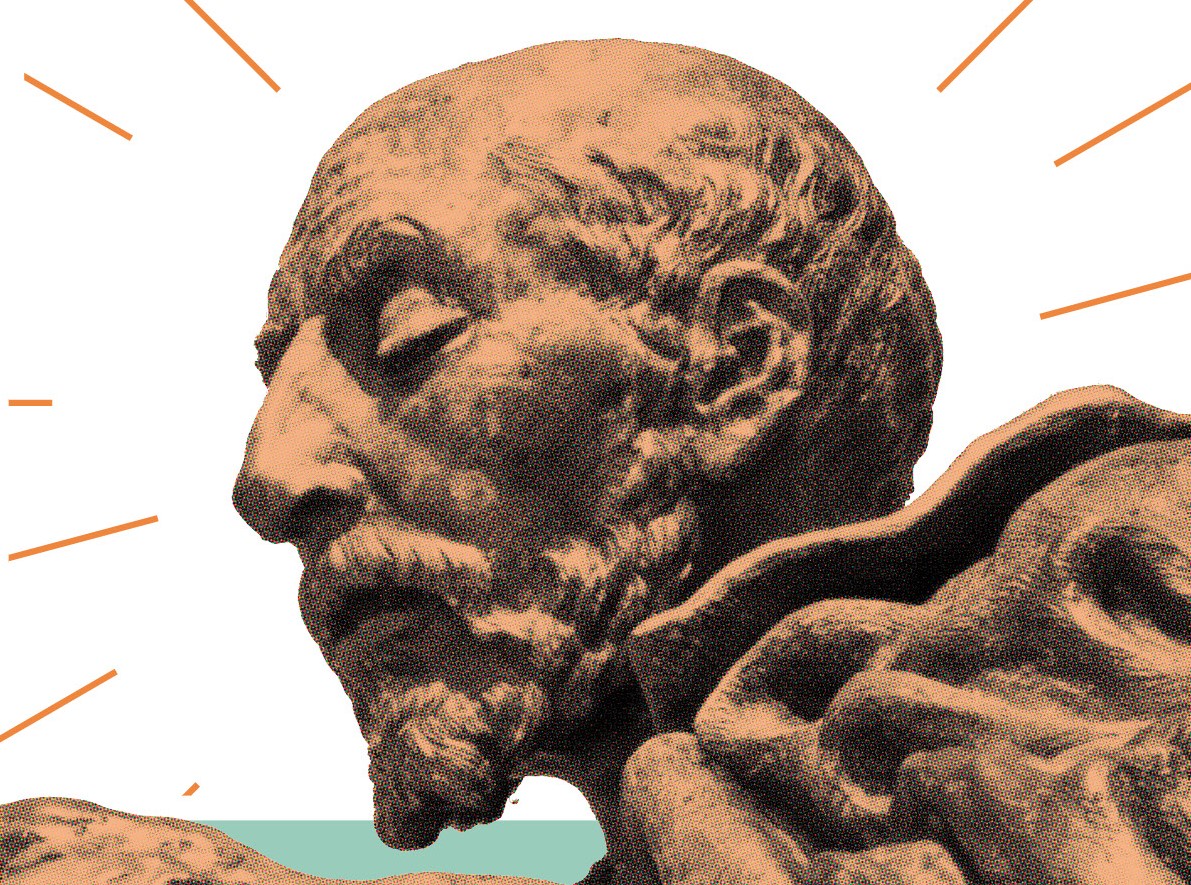Toward a Holistic Contemplative Vision:
Creation and Christ in Josef Pieper and the Spiritual Exercises of St. Ignatius of Loyola
DOI:
https://doi.org/10.6017/lv.v10i1.11971Abstract
Ignatian spirituality is characterized by an emphasis on contemplation as a means of discernment, an approach that highlights the unity of the interior and ethical dimensions of the Christian life. Yet Ignatius’ Spiritual Exercises are also defined by the modus operandi of the contemplative method outlined therein, one that highlights the imagination’s role in a receptive and interactive engagement with the person of Christ as depicted in the Gospels. Though 20th century German Catholic philosopher Josef Pieper is most commonly associated with his popular works on Aquinas and the cardinal virtues, there is a contemplative undercurrent throughout his writing that corresponds with the thought of St. Ignatius of Loyola. Pieper defines contemplation as “a visual perception prompted by loving acceptance,” stressing both the receptive posture of the individual but also the intrinsic pairing of contemplation and ethics in an active response of embracing existence. Much as Ignatius believes the imagination, the inner capacity that links creativity and memory in an individual, to be pertinent to spiritual development, so Pieper asserts that an imaginative representation of Being through the creation of art and participation in communal worship proceeds from love and cultivates the individual’s capacity to perceive lovingly.

